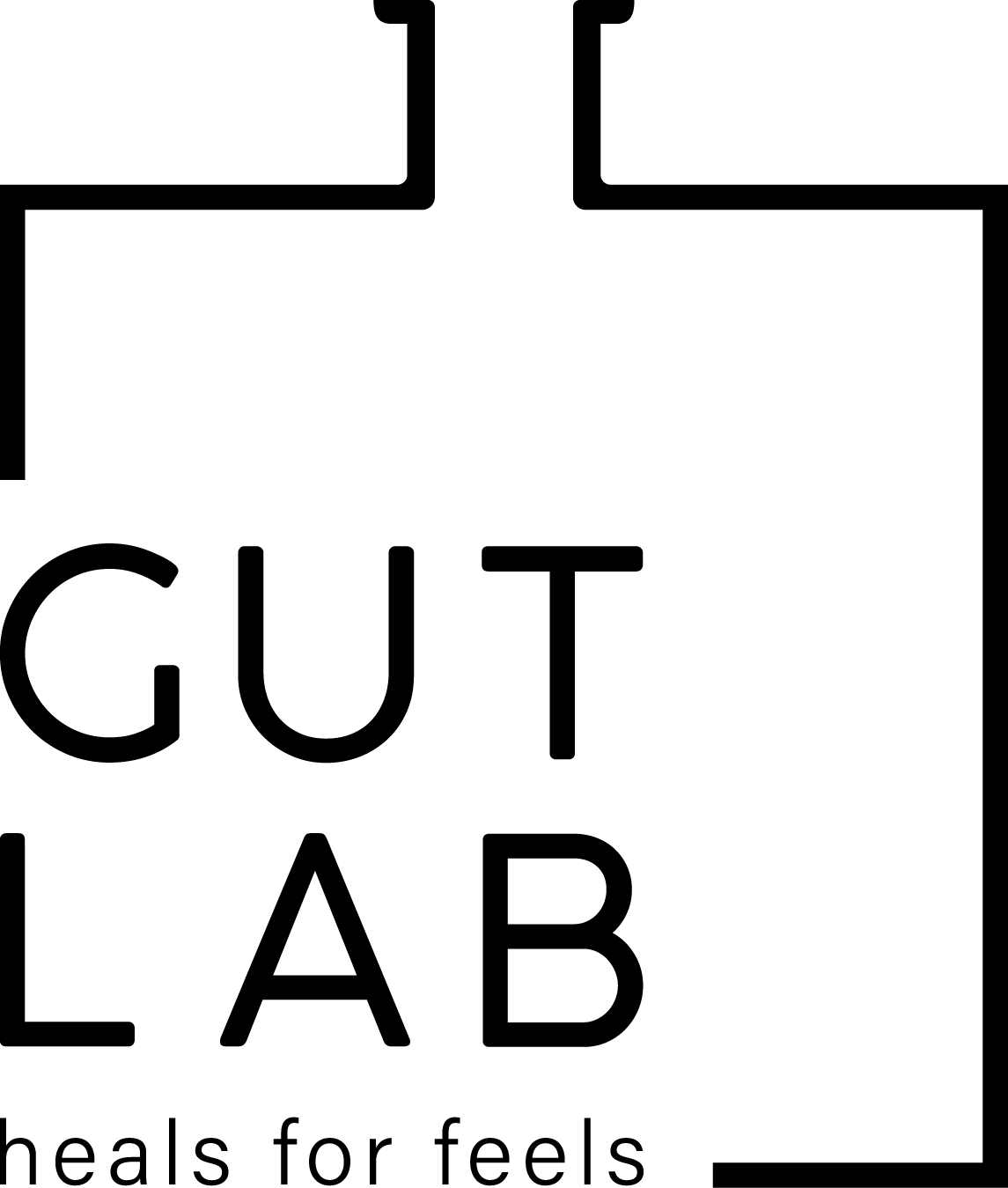Why kids need meat.
Globally, children’s health is on a disheartening downwards spiral. While many factors contribute to the health decline of populations, nutrition is undeniably significant. Animal based foods such as meat, eggs and organic dairy have unique and unrivaled nutrient profiles that are fundamental to the healthy development of children’s brains, nerves and digestive systems. Diets with insufficient animal foods put children at risk of vitamin D, iron, calcium, zinc, iodine, DHA fats, and vitamin B12 deficiencies. Meat is one of the most nutrient dense foods available, providing heme iron and vitamin B12, which are both critical for energy and growth, and two of the most common nutrient deficiencies worldwide. Without animal foods, children can suffer impeded academic performance, failure to thrive, low energy, depression, mood disorders and sleep problems. B12 deficiency leads to irreversible cognitive damage and developmental delays. Fatty acids EPA & DHA, found in oily fish, are essential to healthy brain development and function and inadequate intake impairs nerve function and brain activity.
A June 2024 study involving 514 Ethiopian primary school students found that 34% of the children had vitamin B12 deficiency. It it is known that children in low or middle income countries with inadequate intake of animal foods experience higher prevalence of nutritional deficiencies such as vitamin B12. Why, when these nutritional facts are clear, are we seeing warning stickers on meat and campaigns to reduce or remove meat from children’s diets? Where is the evidence that taking meat away from kids leads to improved health? A 2007 study on Kenyan children assessed the outcomes of meat, vs. milk, vs. plant-based snacks (the only gold standard study of its kind). They found the meat group had the steepest rate of increase in academic test scores, and significant improvements in leadership, behavior and physical activity. The meat group kids also experienced nearly doubling of arm muscle, while the milk group saw a smaller increase in arm muscle and a gain in height.
According to the W.H.O., 10-20% of children and adolescents globally suffer from mental health conditions, and childhood obesity rates have tripled since 1975. When physical and mental health is declining, we should be making sure every meal a child eats is as nutrient dense as it can possibly be. Omitting nutrient void processed carbohydrates and inflammatory industrial oils needs to be where ‘cancel campaigns’ are directed, not at nutrient dense animal foods. We should be giving processed and ultra-processed food products bad press crusades and admitting that mono-crop agriculture is destroying the planet, not cows. The Global Justice Alliance stated “many trying to dictate dietary policy have an ideological bias against traditional foods, or stand to gain financially from the production of novel, less nutritious and more expensive foods” and that everyone should have “access to safe, nutritious, and affordable food. Truly healthy food nourishes the physical, social, familial, and cultural aspects of a local community and ecosystem”.
If you would like tailored information on how you can improve the nutrition on your family meal table please click here to arrange a consult. One personalised session and a written plan can help you change the health trajectory of your kids and family forever.
Outro:
Diana Rodgers, RD and Executive Director of the Global Food Justice Alliance wrote a necessary and thought provoking letter to editor of The Lancet, asking for the retraction of the 2019 Global Burden of Disease Risk Factor Study, pointing out multiple errors, absence of evidence, and inaccuracies. Check out her letter HERE, and see if it affects how much you trust scientific literature in our modern world.
The Global Food Justice Alliance website also offers a plethora of information about regenerative livestock farming and how things have been misrepresented in recent years.



